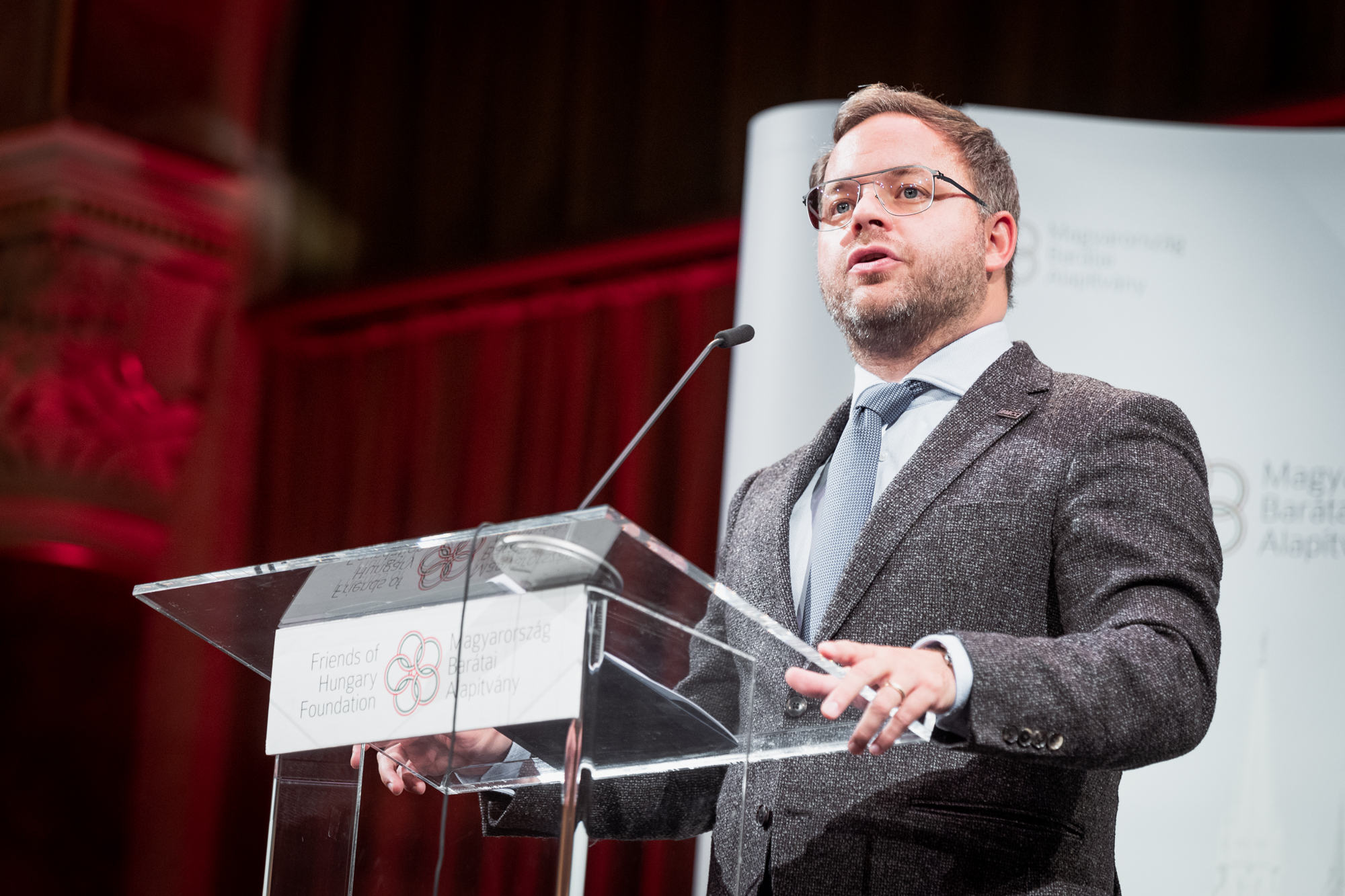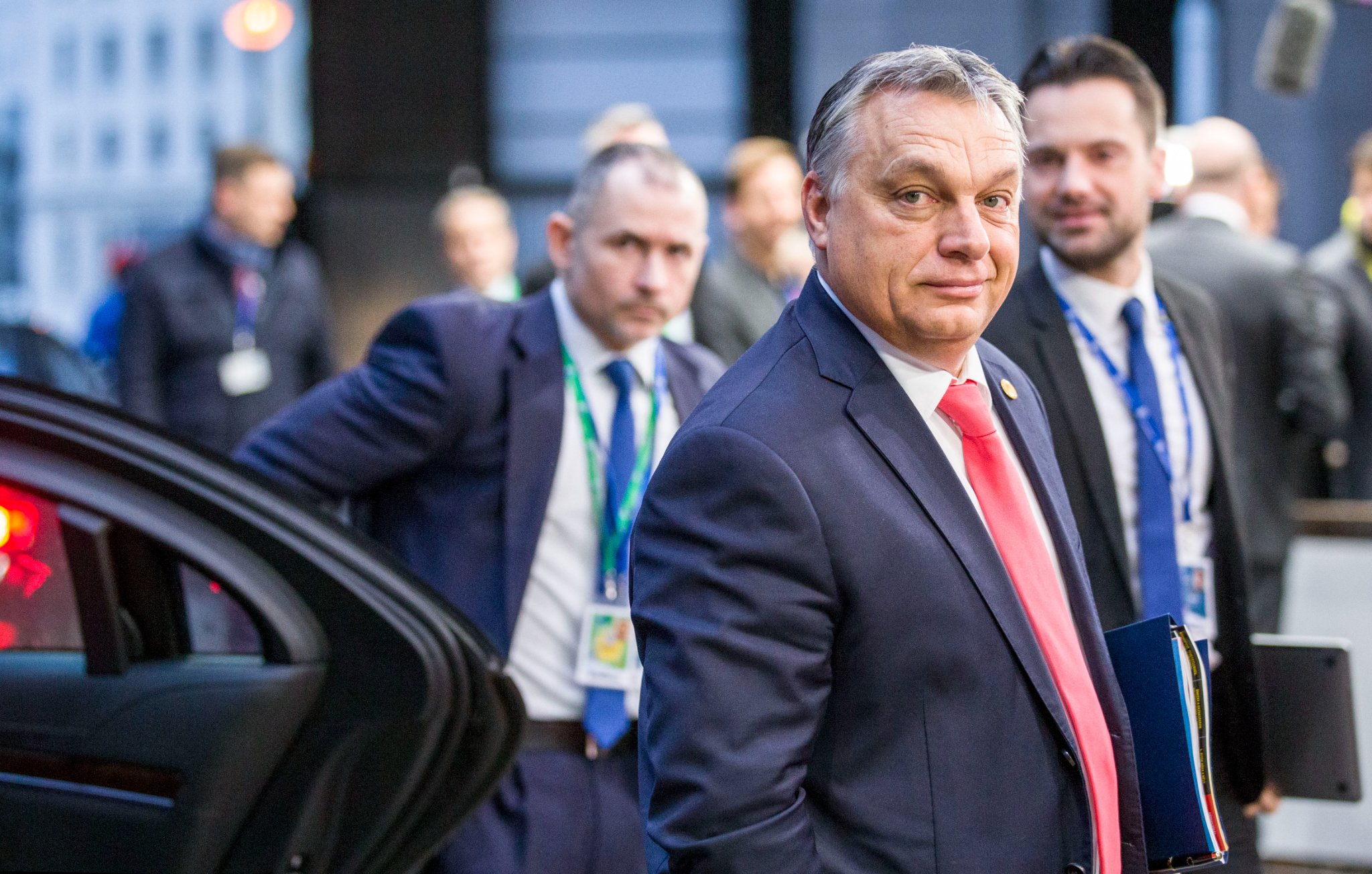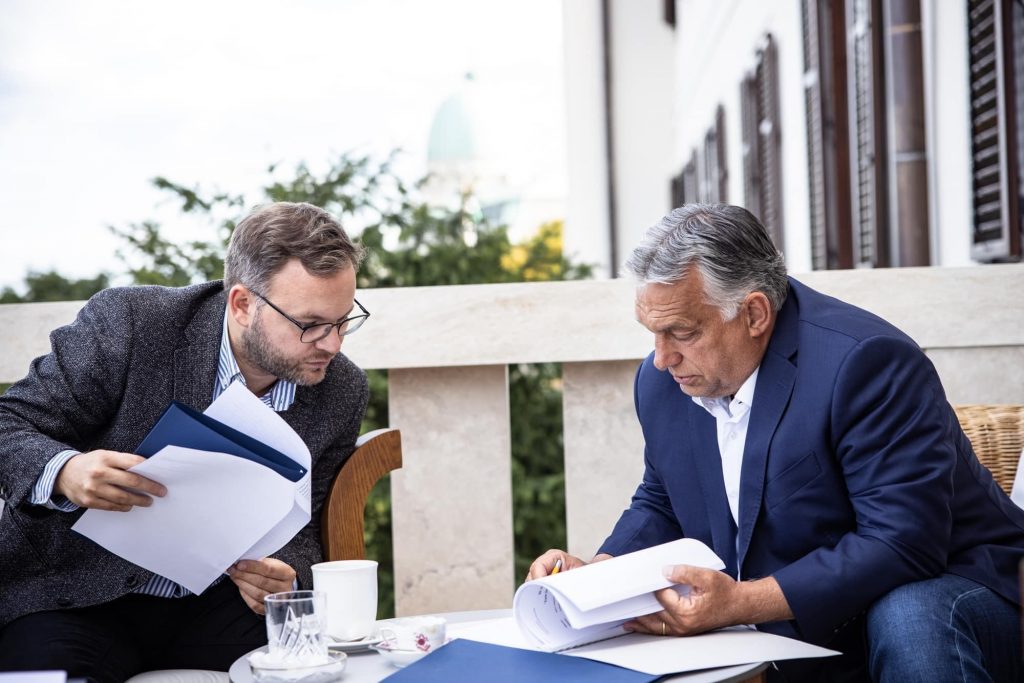
Building conservative networks is a strategic issue, and the government counts on Hungary's friends, Orbán Balázs said.Continue reading

Instead of a return to the bloc politics of the Cold War, Hungary’s strategic interest lies in connectivity, according to Prime Minister Viktor Orbán. In an article, his political director summarizes the essence of Hungary’s strategy.
In a comprehensive speech before the holidays, Prime Minister Viktor Orbán outlined the challenges and opportunities of the decade at the Széll Kálmán Foundation’s Christmas dinner, Mandiner reports.
Balázs Orbán, the prime minister’s political director, summarizes the main points of the speech in an article published in the weekly’s new issue.

Balázs Orbán and Viktor Orbán.
According to the article, “in response to the crisis of the world order, the West, still led by the US, is increasingly breaking, weakening, or controlling its relations in order to maintain at least a partial dominance,” he explains. According to the political director,
this process, called decoupling, threatens to restore the bloc-based international order of the Cold War era.
He points out that “this is particularly bad news for the European Union as a whole, but especially for its peripheral states, because in such a system the center is not only able to control the relations across the blocs, but also to take over the task of allocating resources.” Moreover, he explains, any disruption to the supply chain of goods would first and most drastically affect the periphery countries – and they would have no means to change the situation.
“Hungary, caught between the big blocs, has always been a loser in such processes in the past, so we need an alternative globalization model and strategy,” Balázs Orbán warned. He added:
If we do not disconnect, but connect ourselves with the distant corners of the world, we can win the decade ahead.”
The prime minister’s political director said that the biggest strategic challenge facing Hungary in the next decade is to move out of the middle-income group and catch up with the developed countries, and achieve the status of a regional middle power in Central Europe.
The Hungarian strategy must address the following problems:
Among the concrete solutions, the political director gave some examples:
Last September, Balázs Orbán spoke about Hungary’s strategy, role, and opportunities in the changing world order at the VIII Conference of the Friends of Hungary Foundation.
Photos via Facebook/Orbán Balázs